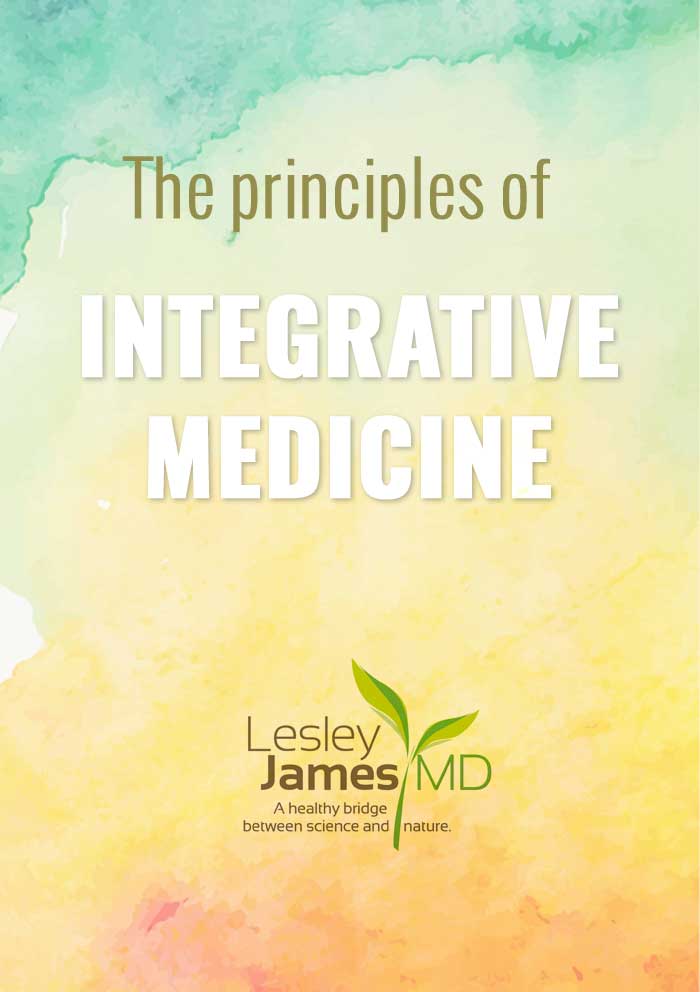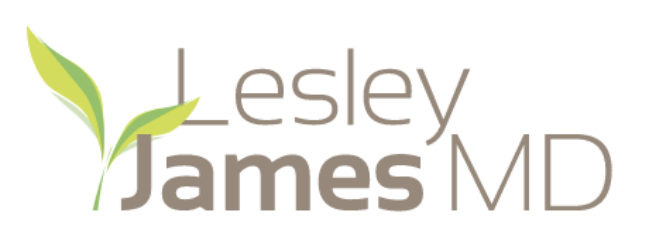Over the years I have been approached by patients who seek my care in an effort to bypass conventional medicine. It’s understandable, as many are dissatisfied by the tendency of conventional medicine to focus on high-tech interventions and pharmaceutical management of established disease. There are beneficial aspects of conventional care, most notably acute and surgical care, but I am concerned about those forgoing the preventive aspects of conventional medicine, such as cancer screenings, immunizations and medications that can prevent complications or progression of disease. In addition, I have also seen those declining curative cancer therapy.
I have never approached medicine as being defined in a narrow manner. During my medical training, I was encouraged by professors and mentors to explore non-conventional therapies, such as mindfulness meditation, nutrition, even hypnosis, and never viewed a separation between conventional medicine and the exploration of effective approaches. Integrative Medicine (IM) was a natural choice, as it offers patients more options, comprehensive and individual care, is safe and effective, and strongly emphasizes health promotion and prevention.

Integrative Medicine (IM) is a healing-oriented medicine that takes into account the whole person, including all aspects of their lifestyle. It emphasizes the therapeutic relationship between practitioner and patients, is informed by evidence and makes use of all appropriate therapies.
The principles of Integrative Medicine:
- The patient and the practitioner are partners in the healing process.
- All factors that influence health, wellness and disease are taken into consideration, including mind, spirit, and community, as well as the body.
- Appropriate use of both conventional and alternative methods facilitates the body’s innate healing process.
- Effective interventions that are natural and less invasive should be used whenever possible.
- Integrative medicine neither rejects conventional medicine nor accepts alternative therapies critically.
- Good medicine is based in good science. It is inquiry-driven and open to new paradigms.
- Alongside the concept of treatment, the broader concepts of health promotion and the prevention of illness are paramount.
- Practitioners of integrative medicine should exemplify its principles and commit themselves to self-exploration and self-development.
Whereas Integrative Medicine works alongside conventional medicine, alternative medicine takes a different approach and is typically used in place of conventional medicine. This is a concern of mine and it continues to grow, as I have seen patients choose alternative methods out of fear, propaganda (from social media, health summits, etc.), mistrust, a negative encounter with conventional care or an empty promise of healing. They have rejected treatment and care that can prolong and/or save their lives, and the result is heartbreaking.
Life-saving, conventional methods that are often rejected or replaced with alternative therapies include:
- Cancer Care. Sadly, I have seen patients diagnosed with “curable” treatable cancers refuse or delay conventional care. We know from research that women who choose to delay or avoid conventional treatment for breast cancer experience worsened outcomes. A combination of integrative approaches can help patients live longer, stay stronger and tolerate treatment, but are by no means an alternative to conventional medicine.
- Cancer Screening. Many patients opt to forgo cancer screenings or choose “alternative” screening methods. I have a number of patients who are at high risk for breast cancer, or have had breast cancer, refuse the recommended mammography and/or MRI. Unfortunately, I have seen too many cases of missed diagnoses as a result of these choices. Even more patients avoid colorectal cancer screenings (colonoscopy and/or stool testing with tests such as Cologuard), but routine colonoscopies regularly save lives. The detection and removal of a polyp prevents a potential colon cancer from growing. (Of course, I am also interested in how to prevent the initial polyp.) For those who have bypassed this screening, consider that my procedure revealed a polyp and an early stage colon cancer, which would have been a much more advanced cancer if not for the colonoscopy.
- Prevention of End Organ Damage. Many patients would like to avoid medications, and I would love to delay the onset of disease and the need for these prescriptions. However, by the time many are diagnosed, medications are often needed to prevent further damage and to prevent the progression of disease, such as stroke, chronic kidney failure and heart disease. While my optimal goal is to prevent and delay chronic disease and reverse disease that is present, using a combination of integrative and conventional therapies is often necessary.
- Primary Prevention and Immunizations. As a physician who trained in a vaccinated world, I have never seen polio, rubella, mumps or measles, and have seen only a few cases of meningitis. Rarely do babies experience deafness from viral diseases or die from infectious diseases. I recognize that prevention is key. My mother-in-law, a practicing pediatrician, tells me stories of the diseases that I (thankfully!) have never seen, and this is a reminder that although prevention is often boring because it relates to the absence of illness, it truly should be revered.
I hope this message relays that Integrative Medicine embraces much of conventional care, such as screenings, immunizations, cancer treatment and the like. What is of the utmost importance to me is finding the just-right strategies at the ideal time, which strive to prevent and/or delay the onset of disease, reverse chronic disease when possible, address mild disease and preclude those at risk from experiencing declining health.
Worth Reading
- Andre, FE, Bock, HL, Booy, R., Clemens, J., Vaccination greatly reduces disease, disability, death and inequity worldwide, Bulletin of the World Health Organization/February 2008
- Cohen, PhD, Lorenzo, Lopez, MD, Gabriel, Alternative, Complementary, or Integrative Medicine: Knowing the Difference to Improve Cancer Outcomes, ASCO Daily News/June 2019
- National Cancer Institute Staff, Forgoing Conventional Cancer Treatments for Alternative Medicine Increases Risk of Death, NCI/2017
- Yale University, Complementary medicine for cancer can decrease survival, ScienceDaily/July 2018


